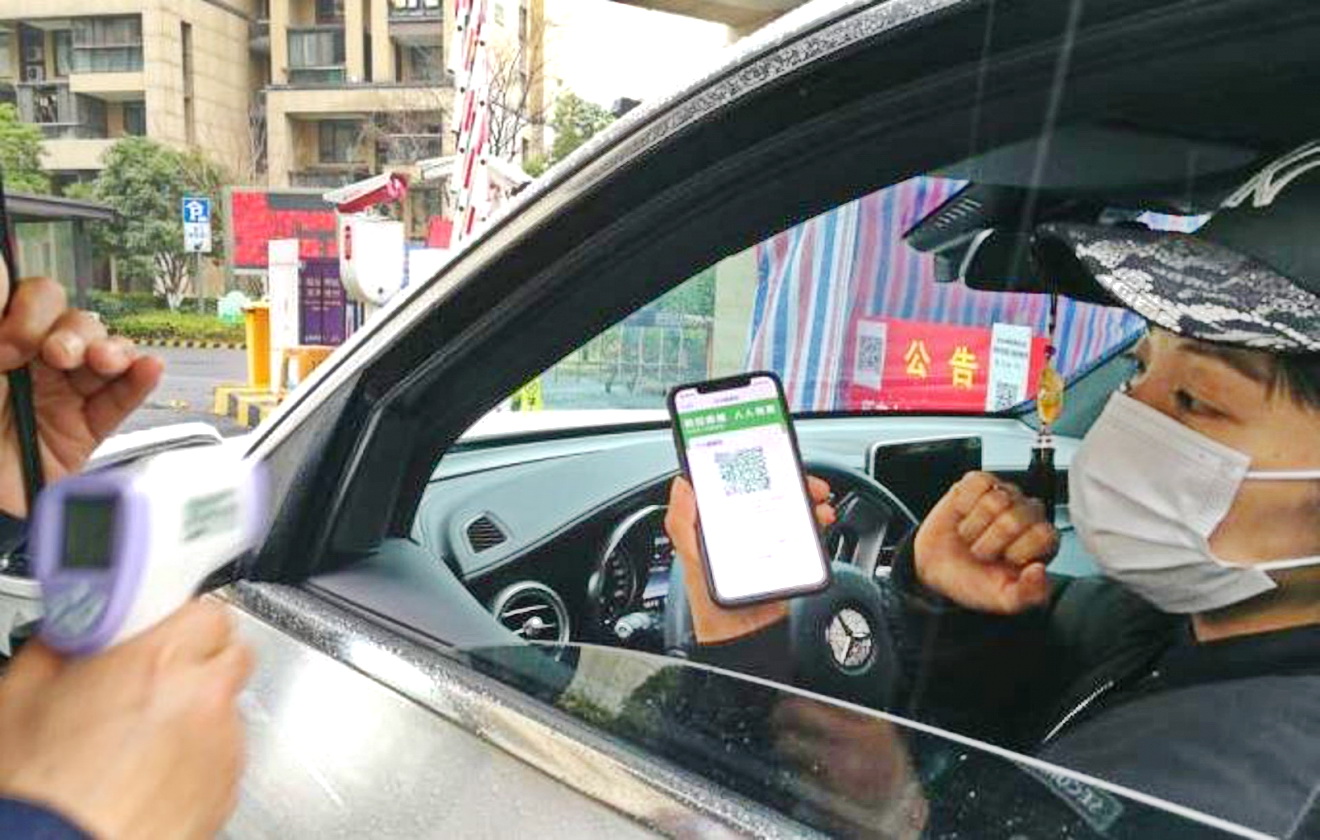Last month, Chinese authorities released the Alipay Health Code coronavirus detection application, which allowed users checking whether they need to be quarantined due to contact with people infected with coronavirus. According to The New York Times, it turned out that the application also transmits this data to the police.
While China encourages people to return to work despite the coronavirus outbreak, it has begun a bold mass experiment in using data to regulate citizens’ lives — by requiring them to use on their smartphones software that dictates whether they should be quarantined or allowed into subways, malls and other public spaces.
“New York Times analysis of the software’s code found that the system does more than decide in real time whether someone poses a contagion risk. It also appears to share information with the police, setting a template for new forms of automated social control that could persist long after the epidemic subsides”, — writes NYT.
Users register through the application and they are assigned a QR code of a certain color (green, yellow or red), indicating their health status. The green code allows moving around freely, users with the yellow code must stay at home for seven days, and with red it means two-week quarantine.
This system is already used in 200 cities and is being implemented throughout the country, but neither the company nor Chinese officials have explained in detail how the system classifies people.
According to the publication, as soon as the user gives the software access to personal data, the part of the program, marked as “reportInfoAndLocationToPolice”, transfers the user’s location, city name and identification code to the server, which allegedly belongs to the authorities. It is likely that the Chinese authorities are using similar surveillance and monitoring technologies to identify infected people.
Of course, state applications that spy on citizens were not invented right now – only recently I wrote about the ToTok UAE government spy messenger.
“While Chinese internet companies often share data with the government, the process is rarely so direct. In the United States, it would be akin to the Centers for Disease Control and Prevention using apps from Amazon and Facebook to track the coronavirus, then quietly sharing user information with the local sheriff’s office”, — write The New York Times journalists.
According to the developers of the application, it collects a large amount of data to automatically draw conclusions about whether someone is at risk of infection.

